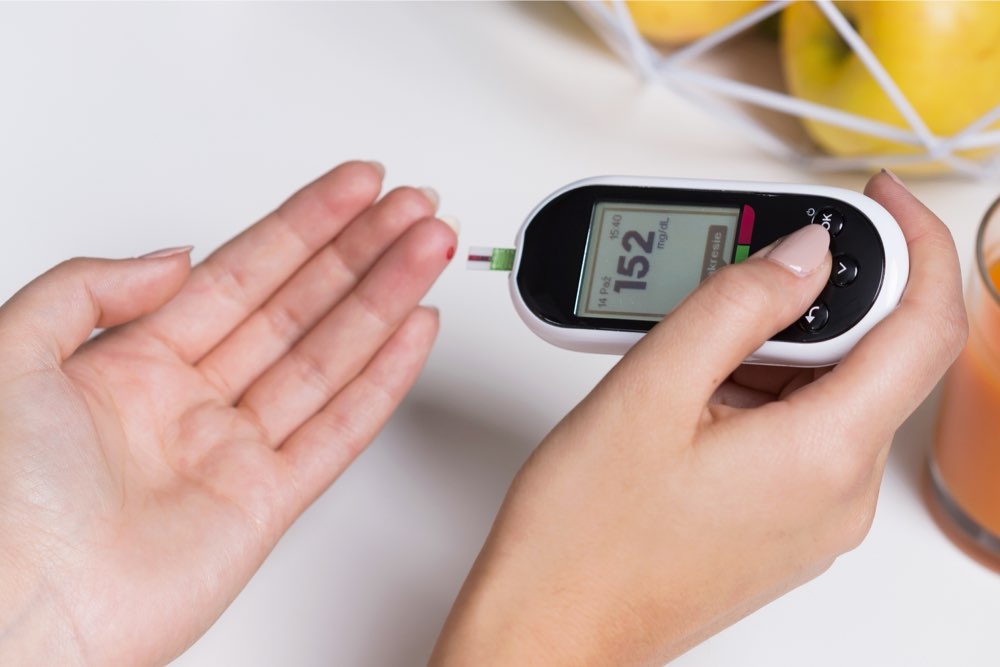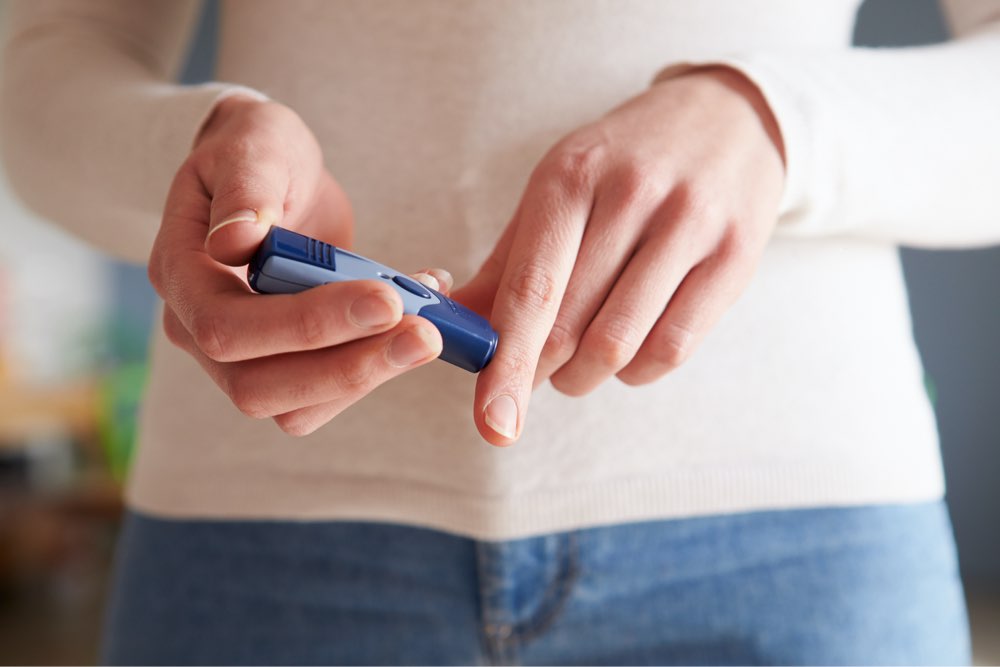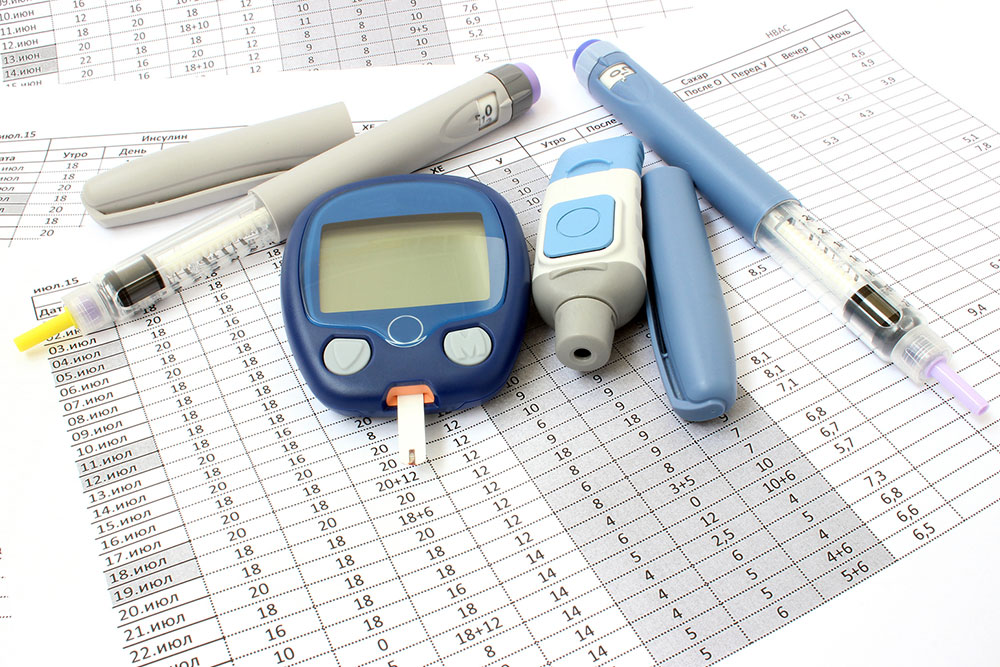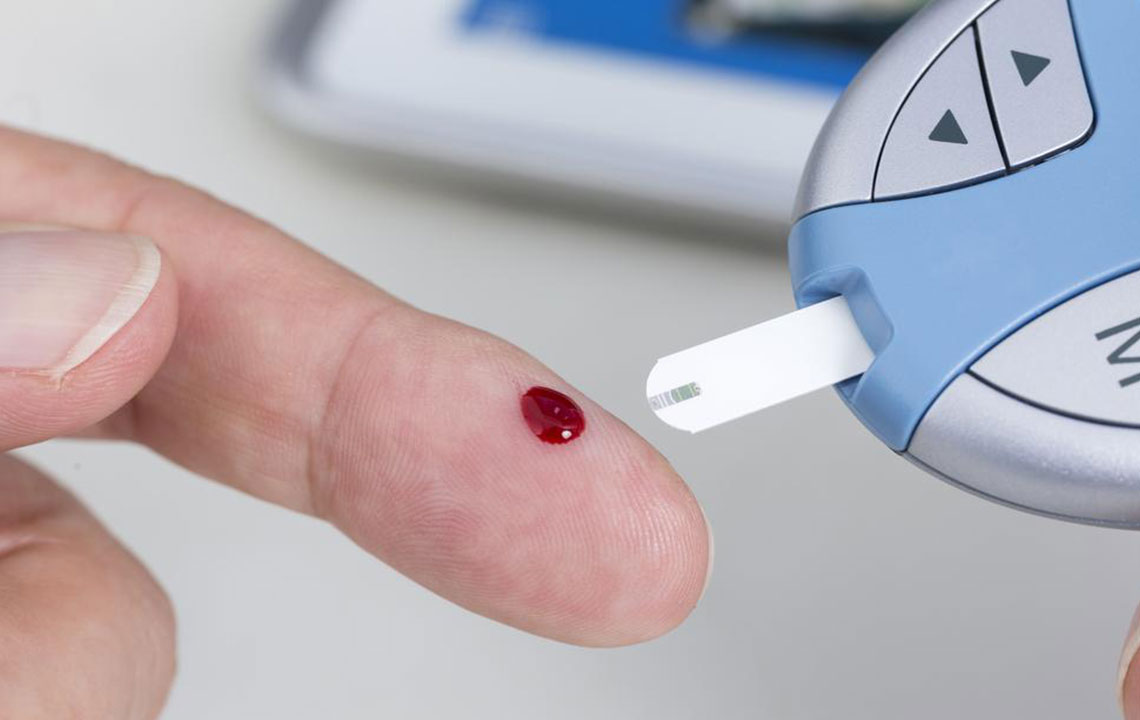Effective Strategies for Managing and Lowering Blood Glucose Levels Naturally
Discover comprehensive and practical strategies to effectively manage and lower blood glucose levels naturally. This detailed guide covers symptoms, causes, and lifestyle tips, including diet, exercise, and natural remedies, to help prevent serious health complications associated with hyperglycemia. Stay informed and take proactive steps for healthier blood sugar management.
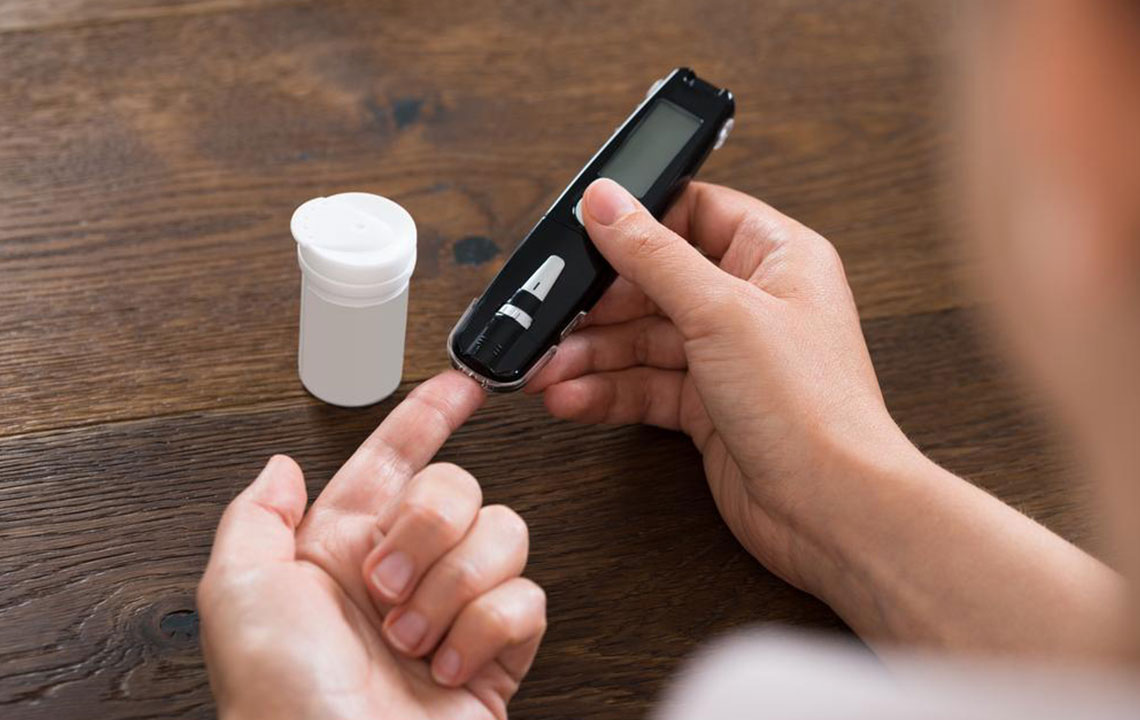
Effective Strategies for Managing and Lowering Blood Glucose Levels Naturally
High blood sugar, medically known as hyperglycemia, is a widespread health concern that can significantly impact overall well-being if not properly managed. Often associated with diabetes, fluctuating blood glucose levels can result from a combination of factors including medication adherence, diet, physical activity, stress levels, and underlying health conditions. Understanding how to control and reduce elevated blood sugar is crucial for preventing complications such as cardiovascular disease, nerve damage, kidney problems, and even life-threatening conditions.
Glucose, a simple sugar derived primarily from the carbohydrates in our diet, serves as a primary energy source for our body’s cells. Common carbohydrate-rich foods like bread, rice, pasta, vegetables, fruits, and dairy products break down during digestion to produce glucose. Once absorbed into the bloodstream, glucose is transported to cells that need energy or stored for future use. Maintaining balanced blood glucose levels ensures the body functions optimally and reduces the risk of health issues over time.
Too much glucose in the bloodstream triggers the body to store excess energy as fat, primarily in the liver and muscles, leading to insulin resistance and blood sugar fluctuations. While high blood sugar might not always produce immediate symptoms, persistent hyperglycemia can cause serious health problems. Symptoms often go unnoticed until they become severe, manifesting as fainting, nausea, blurred vision, or even unconsciousness. If left unaddressed, it can escalate to diabetic ketoacidosis, coma, or other life-threatening conditions.
Recognizing the Symptoms of Elevated Blood Sugar
Symptoms of hyperglycemia can vary depending on severity and individual health status. Common signs include excessive thirst, frequent urination, unexplained weight loss, fatigue, and increased hunger. Specific signs such as sweating—particularly on palms and the back of the neck—blurred or watery vision, slurred speech, and even seizures can occur in advanced cases. These symptoms demand immediate medical attention to prevent progression to more severe complications like diabetic coma or stroke.
Causes and Risk Factors for High Blood Sugar
Various factors contribute to elevated blood glucose levels. Poor medication compliance, unhealthy eating habits, and lack of physical activity are primary contributors. Other conditions like liver dysfunction, kidney disease, or heart problems can impair glucose regulation. Pregnancy, particularly in cases of gestational diabetes, also raises risks. Stress and illness can acutely raise blood sugar levels, underscoring the importance of regular monitoring using glucometers. Consulting healthcare professionals for personalized management plans is essential for controlling hyperglycemia effectively.
Practical Methods to Lower and Manage Blood Glucose Levels Effectively
Managing blood sugar involves adopting a holistic approach that includes lifestyle modifications, dietary adjustments, and possibly medication under medical supervision. Staying well-hydrated with water helps flush excess sugar from the bloodstream. Eating smaller portions more frequently throughout the day prevents blood sugar spikes, while avoiding processed foods high in refined sugars and simple carbohydrates is crucial. Incorporating foods that support insulin sensitivity, such as leafy greens, nuts, and whole grains, can improve control.
Usage of natural remedies like apple cider vinegar, taken in moderation after consulting with a healthcare provider, may enhance insulin sensitivity and help stabilize blood sugar levels post-meal. Ensuring adequate sleep, managing stress through yoga or meditation, and engaging in regular physical activity like walking, cycling, or swimming are vital components of blood sugar management. Exercise increases insulin efficiency and promotes better glucose uptake by muscles. Monitoring blood glucose levels routinely allows individuals to gauge the effectiveness of their management plan and make timely adjustments.
For many, medications prescribed by healthcare professionals remain a critical part of hyperglycemia control, especially in type 1 and advanced type 2 diabetes. Combining medication, lifestyle changes, and dietary habits can significantly improve outcomes and reduce the risk of long-term complications. In addition, maintaining healthy weight and avoiding smoking and excessive alcohol consumption further contributes to optimal blood sugar regulation. Regular healthcare check-ups and ongoing education about diabetes management empower individuals to take control of their health and maintain balanced glucose levels long-term.
